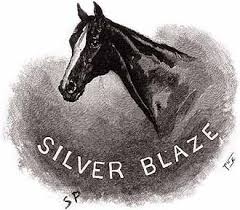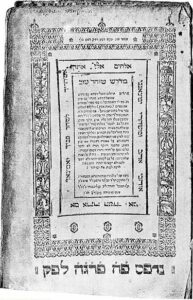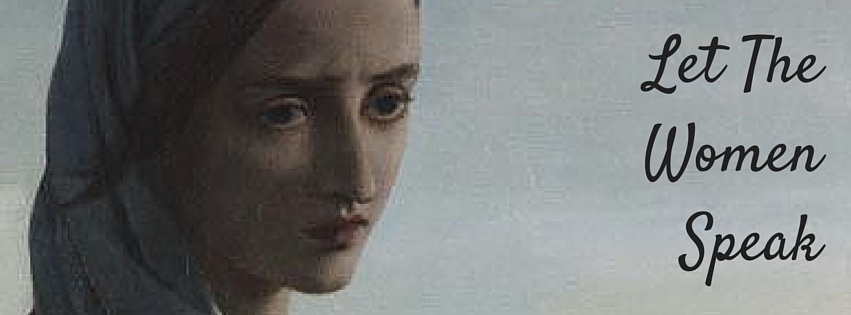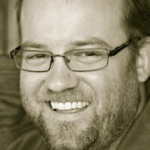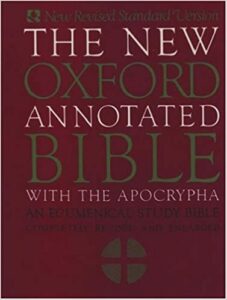 We just launched Survey of the Apocrypha 4 with Vicki Garvey For Individuals and For Groups. This is the fourth of four related courses on the Apocrypha taught by Vicki Garvey, a respected teacher and author and former Canon for Lifelong Education at the Episcopal Diocese of Chicago who has led workshops across the United States and internationally on Bible study.
We just launched Survey of the Apocrypha 4 with Vicki Garvey For Individuals and For Groups. This is the fourth of four related courses on the Apocrypha taught by Vicki Garvey, a respected teacher and author and former Canon for Lifelong Education at the Episcopal Diocese of Chicago who has led workshops across the United States and internationally on Bible study.
In the first course in this series, Vicki offered an overview of the Apocrypha, introducing the books, discussing the types of genre represented, going over the general times in which it was written, and examining how the books became the Apocrypha and how different branches of the Church view these books.
In the second course in this series, Vicki examined the following texts and gives an overview of each: 1 and 2 Esdras,Tobit, Judith, additions to Esther, Wisdom of Solomon, and Sirach.
In the third course in this series, Vicki discussed overviews and major themes in the following books: Book of Baruch, Epistle of Jeremiah, Prayer of Azariah and the Three Youths, Prayer of Manasseh, Susannah and Bel and the Dragon, and 1 and 2 Maccabees.
In this course, Vicki offers her own suggestions for how Christians can use apocryphal books as spiritual resources today. In particular, she suggests ways in which we can find comfort, guidance, hope, and peace in particular books from the Apocrypha. Her video lectures include:
- Comfort: Wisdom of Solomon
- Guidance: Tobit
- Hope: 1 and 2 Maccabees
- Peace: Baruch
The Apocrypha series talks about the origins of these books, their genres and history, and about the value Christians and Jews have found in these books over the centuries. This class will interest anyone interested in learning more about the Apocrypha, biblical-era literature, and any of the books above or associated canonical works (Jeremiah and Daniel especially.) For a course preview, please click below.

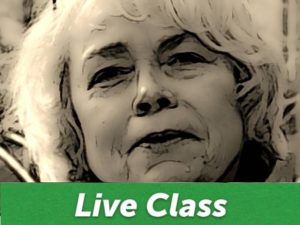 It’s
It’s 